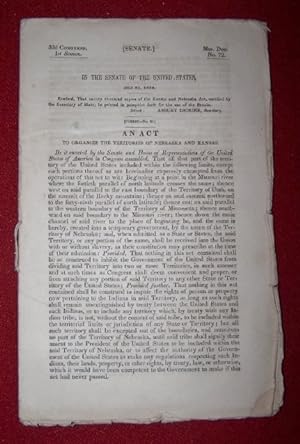At The Antiquarian Book Shop, located in Georgetown - an historic neighborhood of Washington, D.C. - we have been buying, selling & appraising rare, interesting and scholarly books for nearly 30 years.
Currently, our catalogued inventory includes about 6,000 books from the sixteenth century through the twentieth century in a variety of subject areas. About a third of our books are published prior to 1900; the rest of our stock comprises collectible, interesting and scholarly books. We have added images of many of the items listed to better convey their quality and condition. If you'd like to see an image of any particular item that is not yet illustrated, please contact us.
We can provide professional appraisals and are interested in buying significant collections of books. Contact us for details of fee structure for appraisals.
Thank you for considering our offerings.
Visit Seller's Storefront
Seller's business information
Antiquarian Bookshop
VA, U.S.A.
Sale & Shipping Terms
Terms of Sale
We are professional booksellers who strive for accurate descriptions of the books we list and provide images for most of our inventory. We have a long record of positive feedback from satisfied customers. However, if you're dissatisfied with your purchase, please contact us regarding returns. We are eager to establish long term relationships with our customers.
C.S. Harris, Sole Proprietor
libris@ix.netcom.com
(202) 338-8272
Mailing Address:
P.O. Box 3831
Washington, DC 20027
Physical Address:
1...
More Information
Shipping Terms
Shipping costs are based on books weighing 2.2 LB, or 1 KG. If your book order is heavy or oversized, we may contact you to let you know extra shipping is required.
Shipping rates within U.S.A.
Shipping rates within U.S.A.
| Order quantity |
5 to 14 business days |
3 to 6 business days |
| First item |
US$ 5.95 |
US$ 18.95 |
Delivery times are set by sellers and vary by carrier and location. Orders passing through Customs may face delays and buyers are responsible for any associated duties or fees. Sellers may contact you regarding additional charges to cover any increased costs to ship your items.
